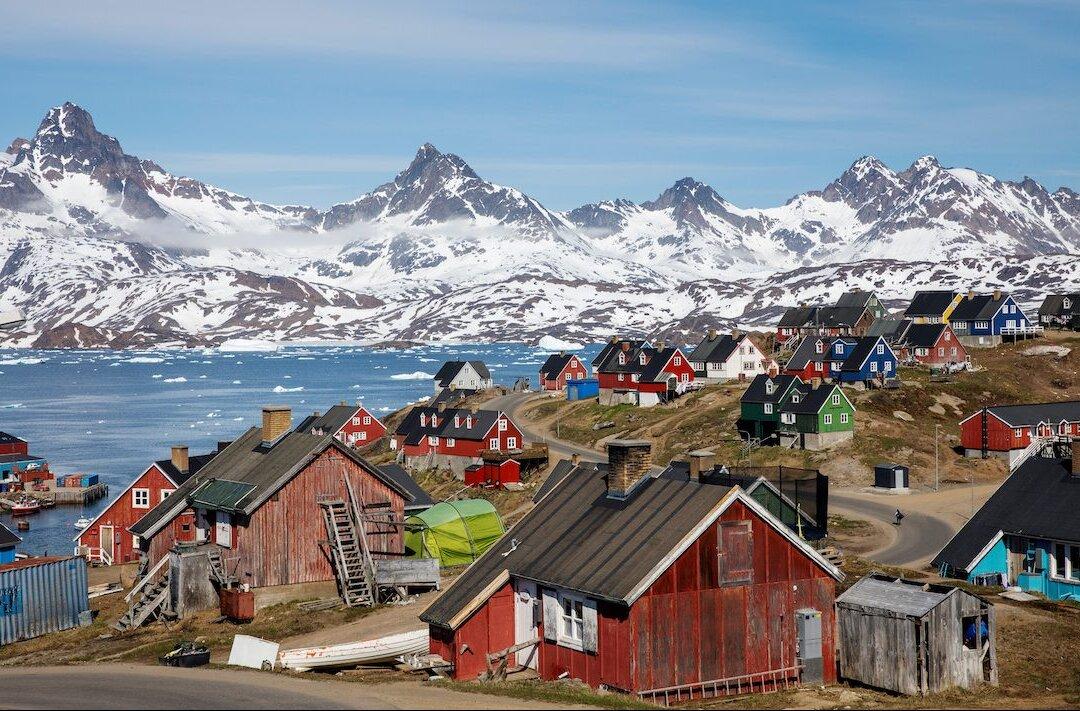Greenland’s foreign ministry said on Aug. 16 that the Arctic island was “not for sale” after reports surfaced that President Donald Trump had privately discussed buying it with his aides.
“We’re open for business, not for sale,” the Greenland Ministry of Foreign Affairs wrote on their Twitter.




